Taiwan and US Signs MOU on the Secure Exchange of Patent Data
On November 22, 2023, Taiwan and the US signed the MOU on the Secure Exchange of Patent Data, streamlining and reducing the cost of patent priority claims for Taiwanese applicants who annually file over 20,000 patent applications in the United States. The annual number of patent applications filed by Taiwanese has consistently been around 20,000 in recent years, but rose 6% from 2021 to 2022. The MOU aims to alleviate this burden by facilitating the secure exchange of priority documents between the Taiwan Intellectual Property Office (TIPO) and the United States Patent and Trademark Office (USPTO). The collaboration between Taiwan and the US on the electronic exchange of priority documents began in 2016 through TIPO and USPTO’s bilateral discussions. Given the importance of information security, both confirmed details related to information equipment and transmission meticulously. After continuous efforts from both sides, the MOU was finally signed in November 2023. This milestone in the deepening of Taiwan’s relations with the US follows the implementation of the Patent Prosecution Highway (PPH) project in 2011, and the signing of the MOU on Intellectual Property Rights Enforcement Cooperation in 2017. To create an environment conducive to international patent applicants, TIPO has launched the electronic priority document exchange (PDX) program with Japan and South Korea in 2019 and 2021 respectively. The recent expansion in PDX collaboration with the US shall greatly increase the convenience of Taiwanese applicants filing patent applications in the US, as well as for US applicants filing in Taiwan – a mutually beneficial arrangement. Following the signing, TIPO and USPTO will conduct verification tests on information systems. Upon the completion of information security equipment testing by both offices, the implementation start date will be publicly announced.
Accelerated Examination for Trademark Applications in Taiwan
An amendment to the Trademark Law passed the third reading on May 9, 2023. It is expected to be implemented early this year. Some of the highlights are as follows:
- Accelerated examination will be completed in two months. Usually, trademark applications take six to eight months.
- The official fee for accelerated examination is NT 6,000.
- The goods or services must be in use or ready for use.
- A reason for the applicant’s necessity must be provided. Some examples include: the trademark is being infringed by a third party, the applicant has received a warning letter concerning trademark infringement, the trademark is needed by a third party for license, the applicant already has a contract for planned sales in the market for the trademark, and the applicant already has a contract for exhibition participation for the trademark.
- Accelerated examination cannot be used for applications in which the designated goods or services are broad or unclear, or the trademark is a three-dimensional representation or an audible sound or it is involved in a controversial case.
- Without payment of the official fee, no official notice can be given.
- The office will issue a notice of correction within 10 days if there is a need for more information. Failure to correct the application will result in the examination proceeding according to the regular schedule and the accelerated examination fee will not be refunded.
China’s National Intellectual Property Administration Allows Third Party Challenges to Pharmaceutical Patent Term Extensions
It was announced on December 21, 2023, that China’s National Intellectual Property Administration (CNIPA) would allow third parties to challenge the grant of patent term extension (PTE) for Chinese pharmaceutical patents effective January 20, 2024. A PTE extends the life of a patent when there has been a potentially lengthy regulatory review process. A PTE is calculated by deducting 5 years from the interval between the date of filing of the patent application and the date of licensing of the drug. The new regulation also allows for a patentee to challenge annuity fee reduction decisions when registering for open licensing.
China’s Supreme People’s Court Adjusts Jurisdiction of their IP Tribunal
Effective November 1, 2023, the IP Tribunal of China’s Supreme People’s Court will no longer hear appeals involving utility model patents, technical trade secrets and computer software unless the appeal is against a first-instance judgement issued by a high court. The IP Tribunal will retain its jurisdiction on second-instance civil and administrative appeal cases involving ownership and infringement disputes on invention patents, new plant varieties, integrated circuit layout design as well as administrative appeal cases involving disputes derived from prosecution and invalidation of patents of all kinds, new plant varieties, and integrated circuit layout design.
ASML Suspends Some China Exports after US Expands Restrictions
Citing national security and the need to protect the rights holders of some advanced semiconductor tech, the US has communicated with the Dutch government to restrict shipment of some of its chip-making equipment to China. Recently, in December 2023, the US expanded its restrictions about what types of semiconductors could be sold to China, and that had an effect on what kind of lithography systems ASML could export. The updated export restrictions would affect between 10% and 15% of ASML’s sales to China. The Dutch government had revoked an export license for their advanced NXT:2050i and NXT:2100i lithography systems which Chinese firms like Semiconductor Manufacturing International Corporation (SMIC) were hoping to buy. In China, only Shanghai Micro Electronics Equipment (SMEE) manufacture lithography machines, but their technological level is well behind ASML. In July 2023, the Dutch government agreed to put restrictions on sales of ASML’s deep ultraviolet (DUV) lithography machines, the second most advanced it produces, after pressure from the US. The US government is concerned about China’s ability to make advanced chips which have military applications. Because of those concerns, the US seeks to limit China’s ability to expand its semiconductor knowledge and production, and has been urging its allies to restrict technology associated with the manufacture of semiconductors.




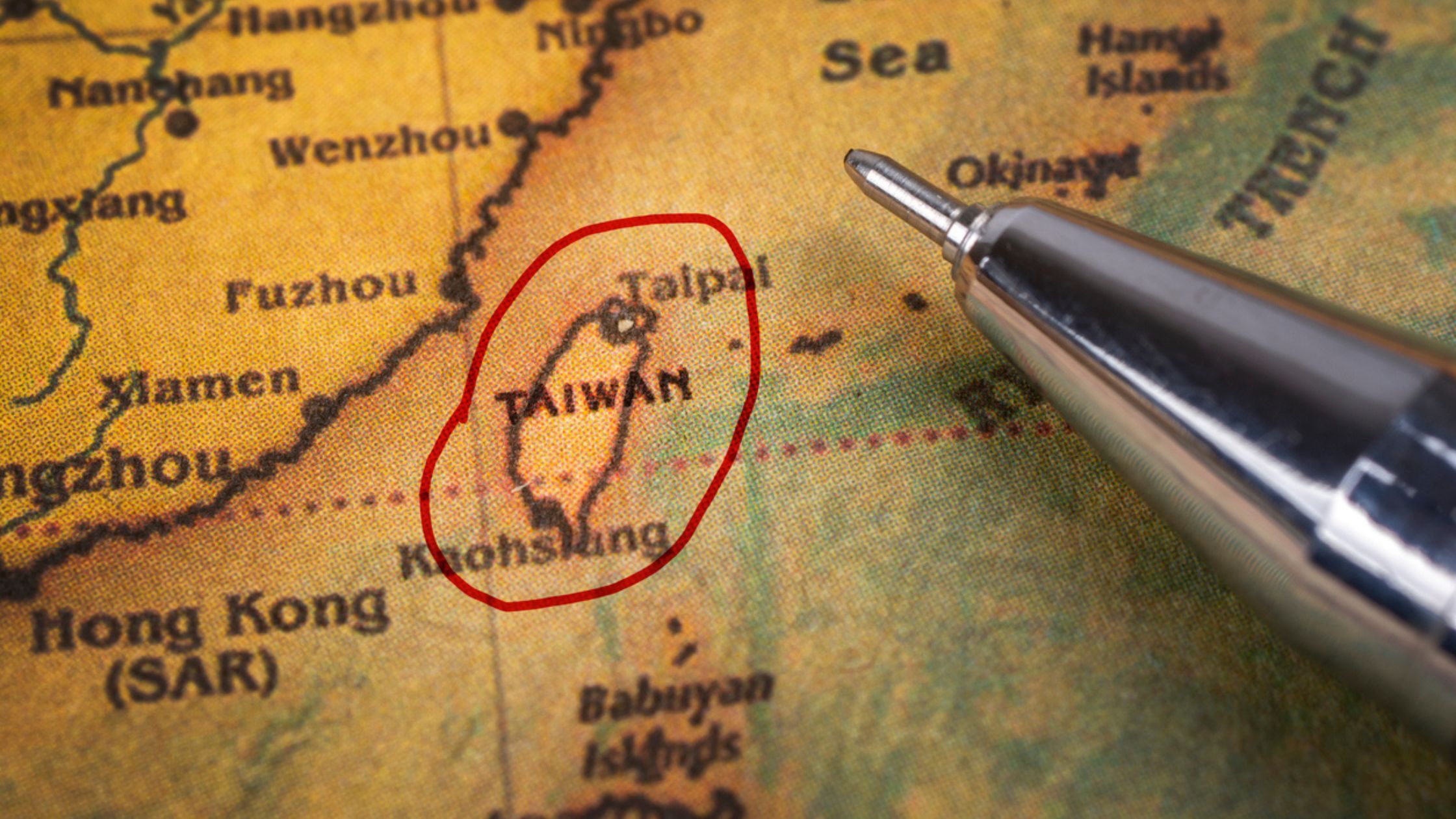
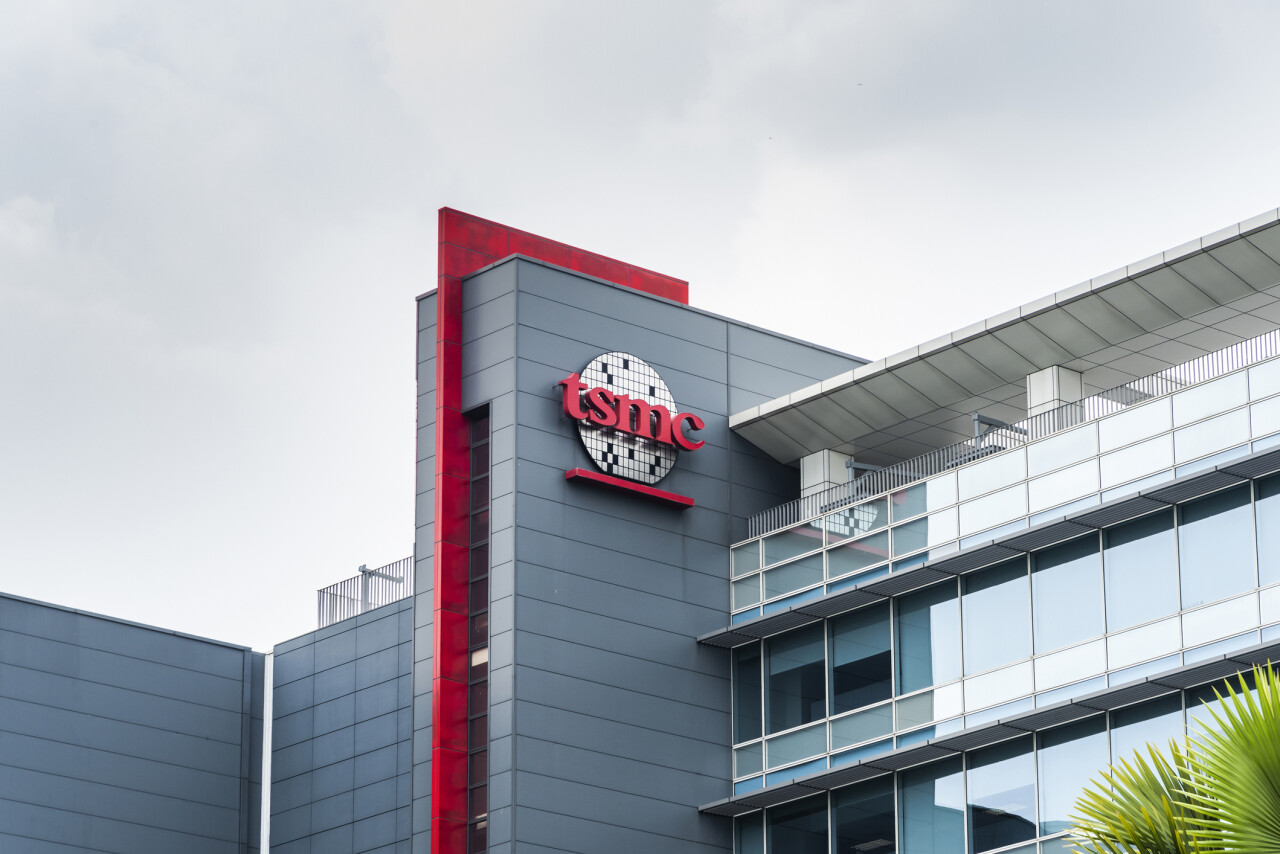



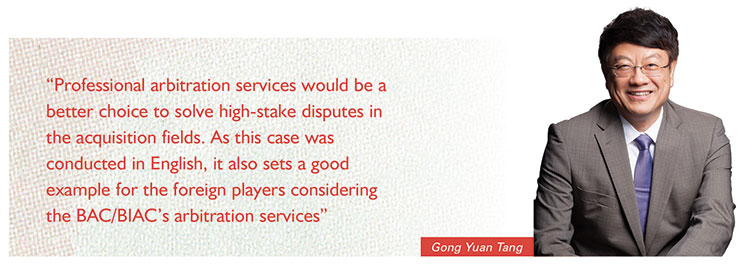


 Deep & Far Attorneys-at-law
Deep & Far Attorneys-at-law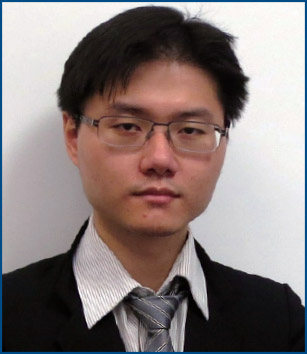 Yu-Li Tsai
Yu-Li Tsai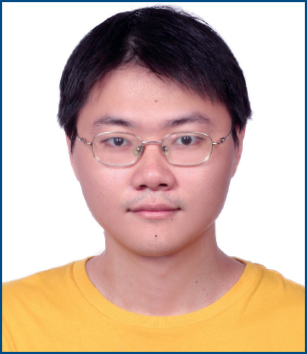 Lu-Fa Tsai
Lu-Fa Tsai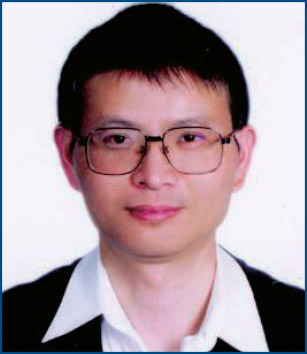 C. F. Tsai
C. F. Tsai







